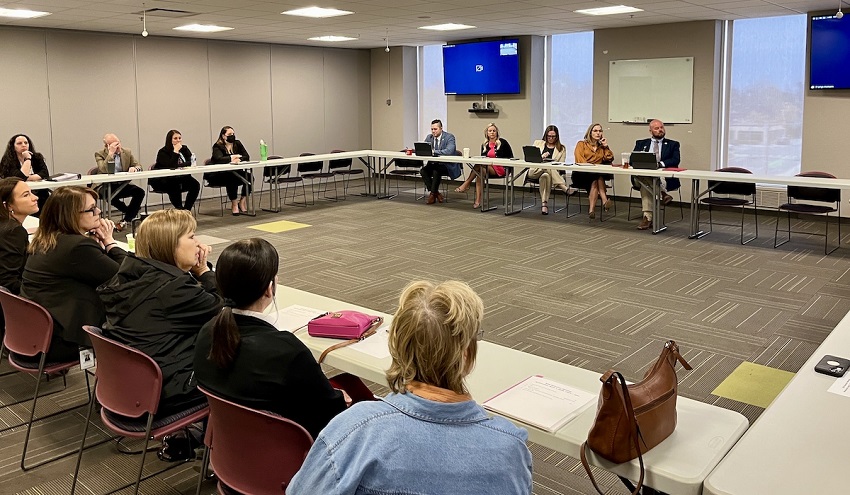Oklahoma City, OK — A wave of uncertainty is sweeping through the state’s addiction recovery community after the Oklahoma Department of Mental Health and Substance Abuse Services (ODMHSAS) informed at least 23 service providers about potential funding cuts. The notification has sent shockwaves through addiction recovery centers, which now face the possibility of closing their doors to thousands of individuals in need of critical services.
Last month, News 4 reported that several addiction recovery centers received alarming communications from the state agency, warning that funding cuts were on the horizon. Although initial statements from state officials downplayed the impact of the cuts, saying no payments had been canceled and only potential changes in payments were discussed, new documents obtained by News 4 suggest otherwise.
One of the service providers, a treatment center director who asked to remain anonymous for fear of retaliation, confirmed the troubling news. According to the director, an email sent on March 18 informed her facility that the state’s value-based payment system would be ending. More concerning, the email stated that the state would also be recouping funds that had already been allocated for services provided last year.
“Losing future funding is one thing, but the fact that they’re taking back funds from services we already provided is a huge blow,” the director said. “For us, that means losing $41,000, which is a significant amount for a small facility like ours.”
The director expressed disbelief at the state’s initial response, which seemed to downplay the severity of the situation. “When we saw the story air, we couldn’t believe the state was denying what they had told us. It’s not true,” she stated.
The documents provided to News 4 reveal that the state cannot guarantee payments for pending services, and some types of funding will be eliminated starting in the second quarter. The email also explained that these funds were originally supported by federal dollars, but those resources are no longer available. The state acknowledged the changes as “disappointing,” but little more was offered in terms of a solution.
The cuts come at a particularly challenging time for Oklahoma, which ranks among the top ten states in the nation for substance use and mental health issues. Service providers fear that the cuts could worsen the already fragile network of care in the state, leaving vulnerable populations without adequate treatment options.
In an exclusive interview with News 4, the director of one such facility explained the dire consequences of the cuts. “Best case scenario, we may have to shut down our outpatient services,” she said. “We may be able to keep our residential center open, but the impact on access to care will be enormous. This will leave a gigantic hole in coverage for substance abuse treatment in the state.”
The state’s political leaders have voiced their concern over the cuts as well. Oklahoma House Speaker Kyle Hilbert expressed frustration with the retroactive nature of the cuts, which apply to services already rendered. “These are services that have already been provided under a contract with the state. Now, six months later, the state is saying, ‘Yes, you did the work, but we’re not going to pay you for it.’ This is bad for everyone,” Hilbert said.
State officials, however, have denied knowledge of the cuts and have suggested that the Department of Mental Health and Substance Abuse Services did not adequately communicate the impact of these changes. The discrepancies between the state’s earlier denials and the documents now being revealed have raised concerns about transparency and accountability.
As the situation unfolds, providers across Oklahoma are bracing for what could be a dramatic reduction in services. With a critical shortage of treatment options already in place, the potential cuts threaten to leave many individuals with nowhere to turn for help. The fear is that the cuts will only deepen the state’s addiction crisis, leaving the most vulnerable residents without access to life-saving treatment.
As the community waits for further clarification from the state, the conversation about the future of addiction recovery services in Oklahoma has only just begun. Service providers, lawmakers, and concerned citizens are all calling for greater transparency and a resolution to ensure that the state’s most vulnerable populations are not left behind in the face of these budgetary decisions.

